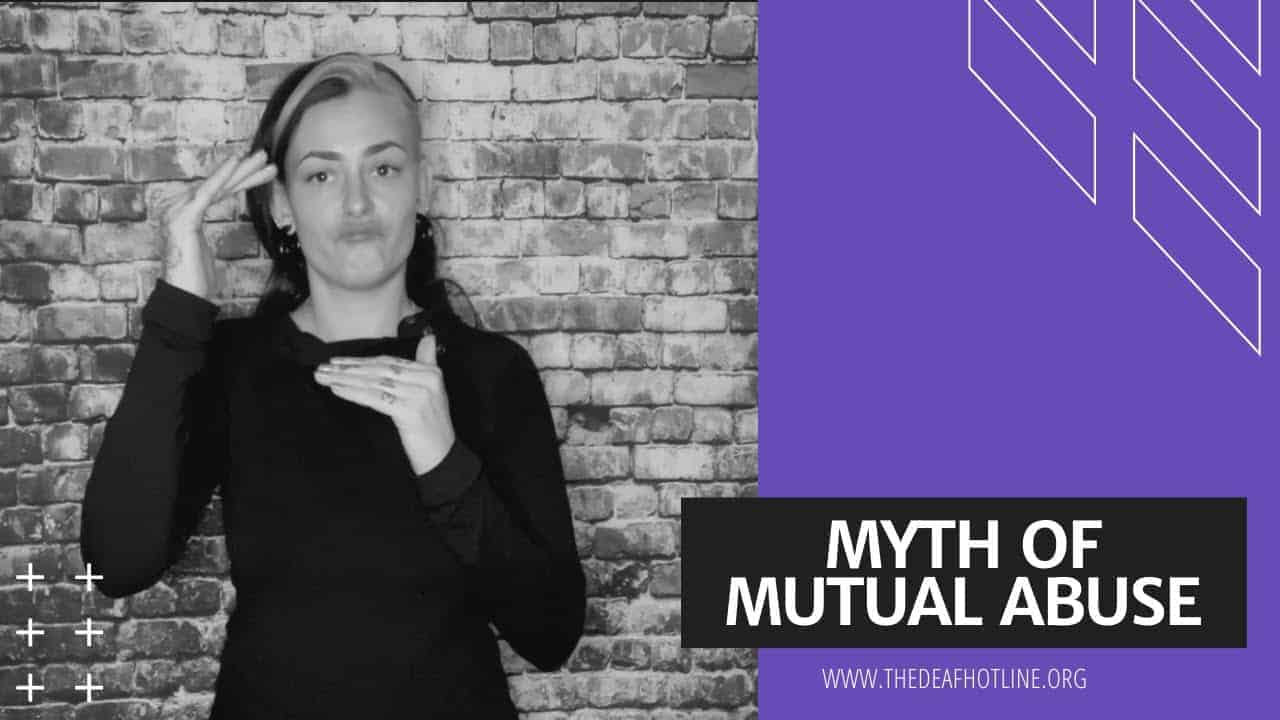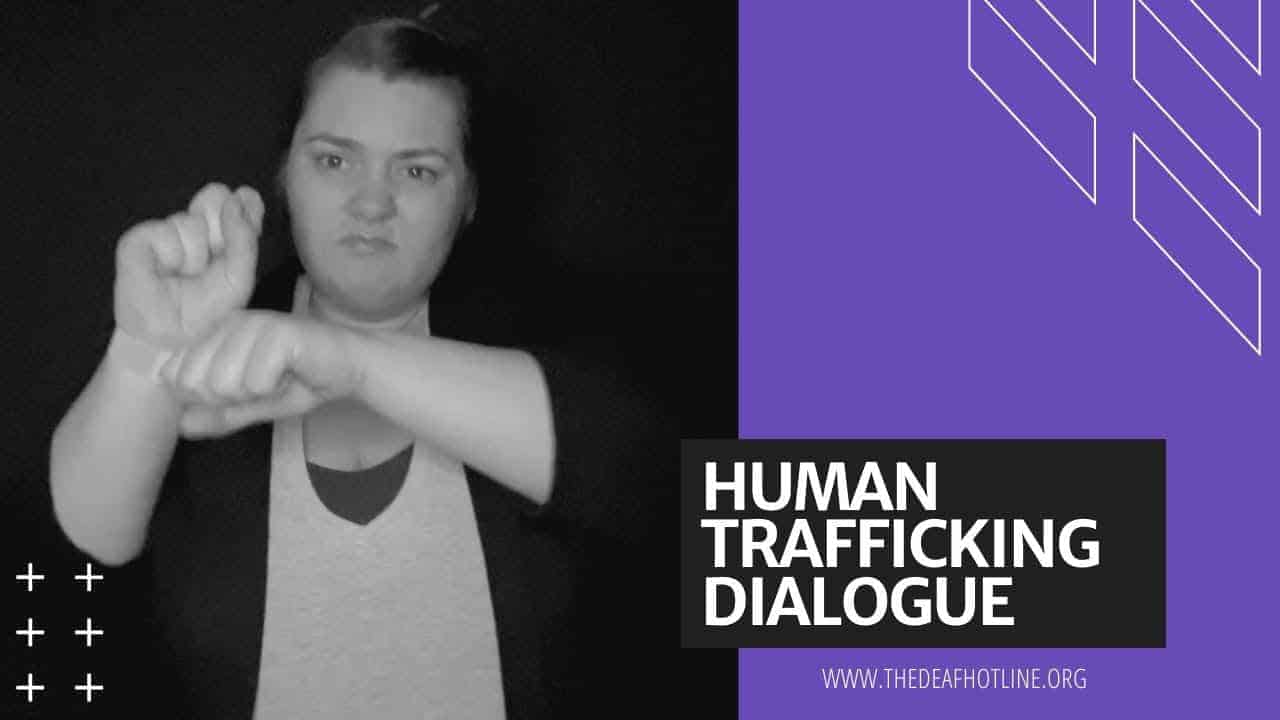Consent is about open, honest communication. Consent is a mutual agreement about what people want to experience. When it comes to consent, the phrase “no means no” doesn’t really provide a complete picture because it puts the responsibility on one person to resist or accept. People communicate in different ways that they’re not comfortable with something (like freezing up or simply pulling away). The saying “yes means yes” can be useful in thinking about what consent really means: consent is a safe, open and ongoing conversation about what both people are actively want to experience together.
Consent needs to happen every time. Consent is a process to be established on an ongoing basis. In a healthy relationship, you always have the right to set and adjust your own boundaries based on what feels right to you in the moment. Your relationship status does not make consent automatic. Whether it’s the first time or the hundredth time, a hook-up, a committed relationship or a marriage, nobody is ever obligated to give consent, even if they have done so in the past. You are the only one who ever has ownership of your body.
Consent is not a free pass. Saying yes to one act doesn’t mean you have any obligation to consent to other acts. Every act of physical intimacy requires consent. If you’re in the midst of something and feeling uncomfortable, or if things are going further than what feels right to you at that moment, you always have the right to stop, even if you agreed to it earlier. There’s no such thing as implied consent. Flirting with someone, talking, showing interest or any other actions do not equal consent. Consent only happens when both people voluntarily, explicitly and enthusiastically agree to engage in what’s happening.
The absence of ‘no’ is not consent. It’s not consent if, for any reason, you’re afraid or unable to say no. It’s not consent if you’re being manipulated, pressured, or threatened to say yes. It’s also not consent if you or a partner is unable to legitimately give consent, which includes being asleep, unconscious or under the influence of conscious-altering substances like alcohol, some prescription medications and other drugs. Nonconsent means stop. If anyone involved isn’t consenting, then what is happening is or could be rape, sexual assault or abuse.



